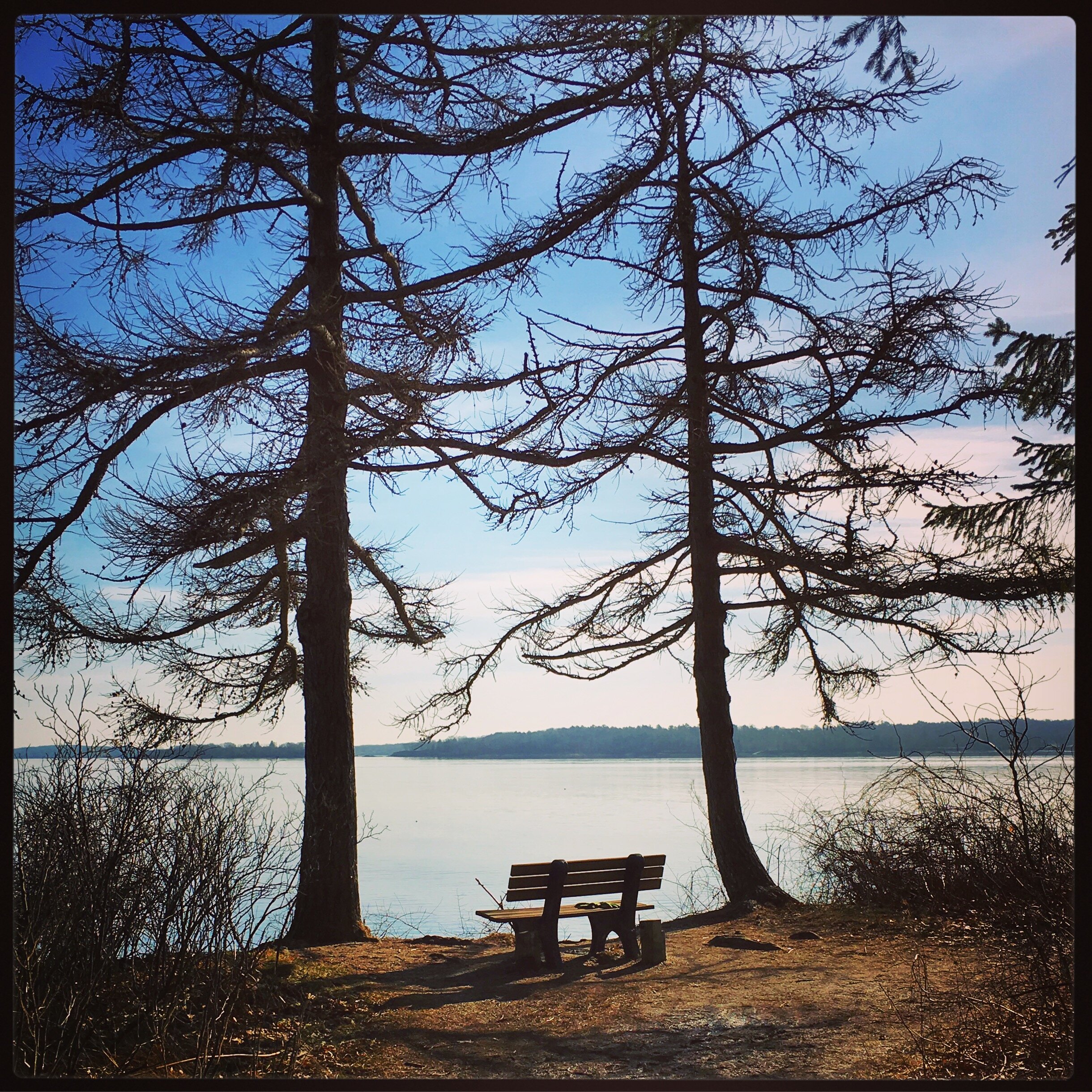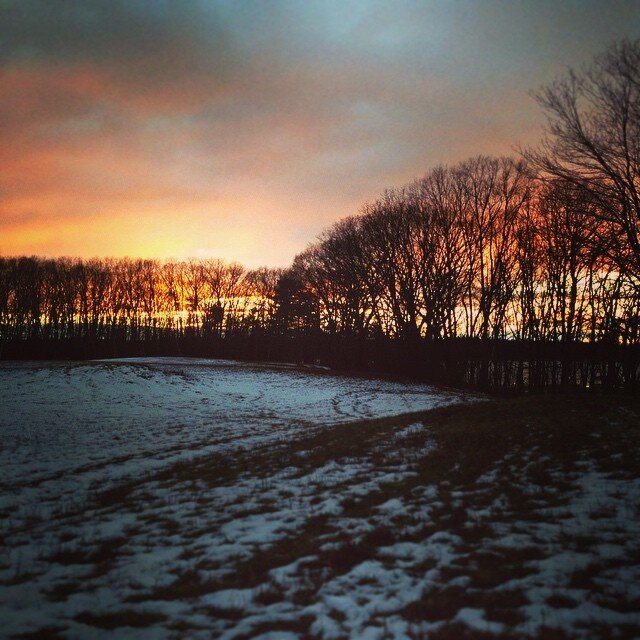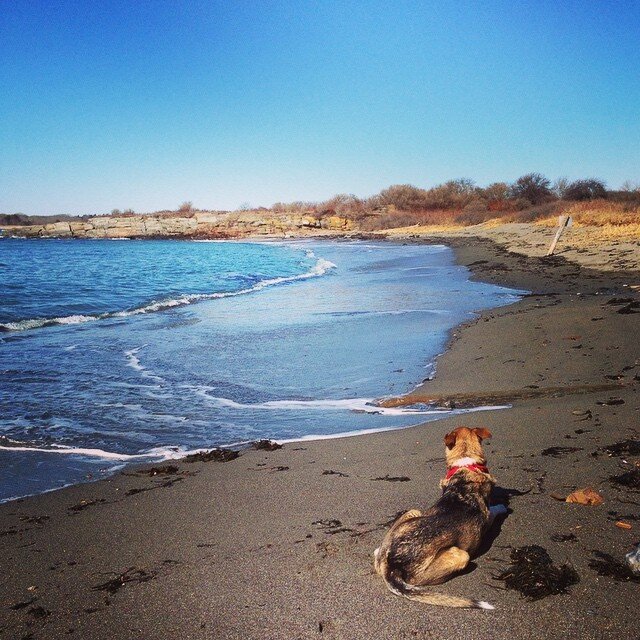Pine State Solitaire
“I find that in contemplating the natural world my pleasure is greater if there are not too many others contemplating it with me, at the same time.” -- Edward Abbey
When I was 19 years old I got a job as a kind of junior ranger at a tiny museum on the south rim of the Grand Canyon. I unenrolled from university, crammed in hours waitressing, bought myself a little blue car, and drove west.
Until then, I had barely been west of Massachusetts. As a child, my family lived in a fourth floor walk up a few blocks from Boston Harbor surrounded by the smells and noise and lights that make a city, a city. Even when we moved to the suburbs, or visited relatives out in the country, there were always sisters, uncles, cousins, random visitors. My sense of space was peopled.
So it was strange, heading west as the country flattened out and then buckled up and broke open in unfamiliar colors and shapes, to discover uninhabited space.
My new home was a trailer park at the side of the canyon where coyotes gathered in large numbers. At night, I would call home from a pay phone out behind the dumpster, cupping my hand over the receiver to block the wind. How could I describe a landscape like this one? Infinite stars against a fathomlessly large sky. The smell of juniper, acid and blue, tinging the air. The voices on the other end sounded familiar, but mine seemed to disappear in my chest.
Out here, silence could be a choice. Spaciousness was a physical reality. Far from the crowded cities, I couldn't help but encounter the one person I had brought along, someone whose company was quiet, and required little of me. It was new and surprising and strange.
I understood loneliness, but I had no vocabulary for solitude. And while I careened wildly between missing people desperately and enjoying having no one around, I also bumped into the solace I derived from being alone.
A million internet tests will tell you if you are extroverted or introverted, but for me the designation is fluid and comes back to this: What nourishes you most of all, at this very moment?
Most of us cannot just throw our material goods in a car and head west (or east, or out). But sometimes, when we choose to turn off the noise and ride out whatever's underneath, we discover that what we are actually missing is our selves, unhindered.
And when this feels like a true choice, we stumble on the grace of solitude. Without obligation, there's a kind of freedom to roam the canyons and dry creek beds of our own inner world.
Making time for this unknown expanse ripens us for getting the joke. For discovering what makes us laugh deeply, open-mouthed and flare-nostriled. Or what moves us, invisibly, within.
To this day, I can't really say what compelled me, against all better judgement, towards the unknown and unfamiliar. Still, like all good mistakes, the decision brought me closer to who I actually was. Each day, after I'd walked tourists by mounds of rocks we described as ruins (particularly when there was snow, there was really nothing to see), I'd end with a quote from the writer Edward Abbey, himself a defender of solitaire desert living. It was my secret and subversive salute to solitude.


